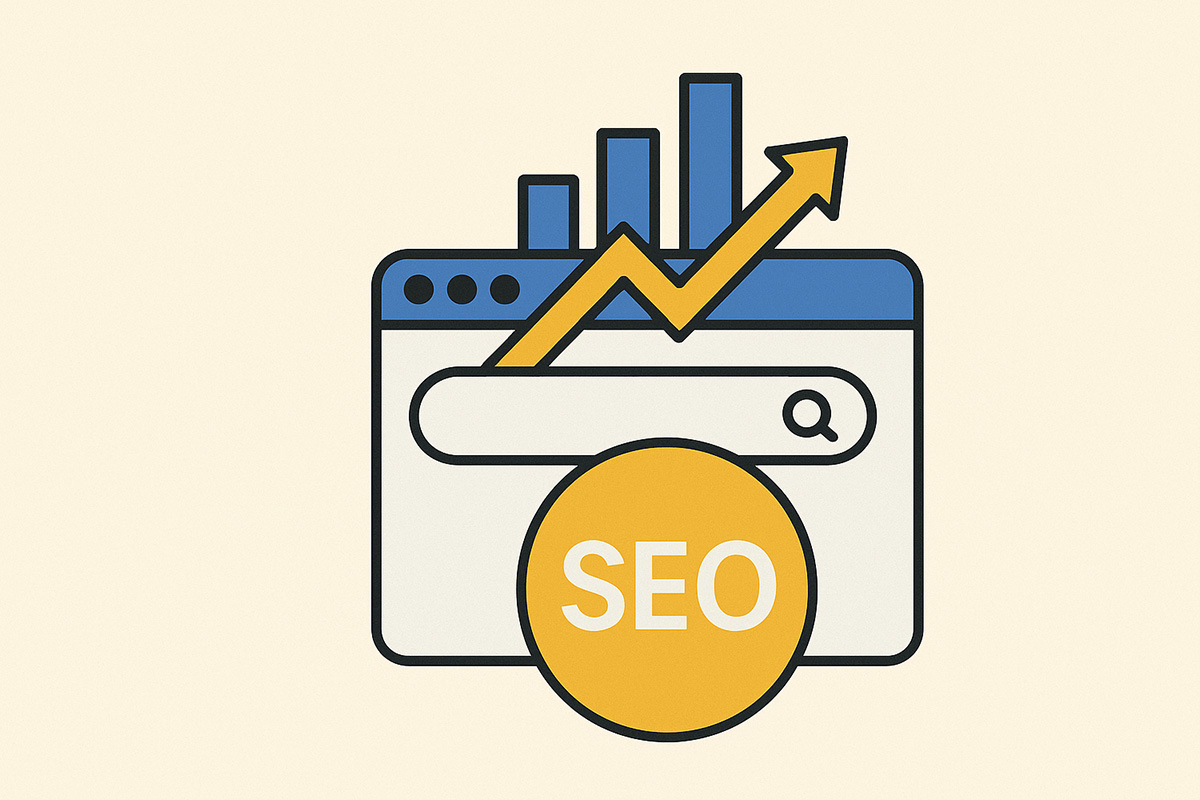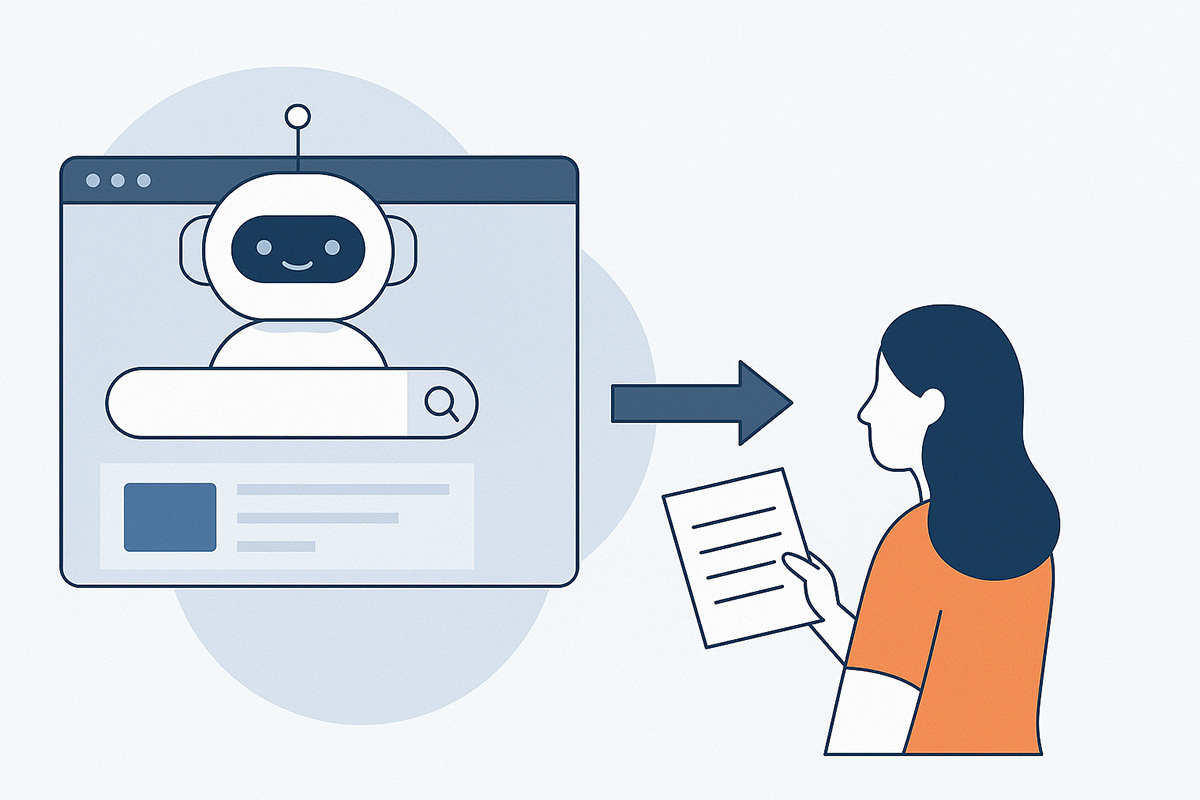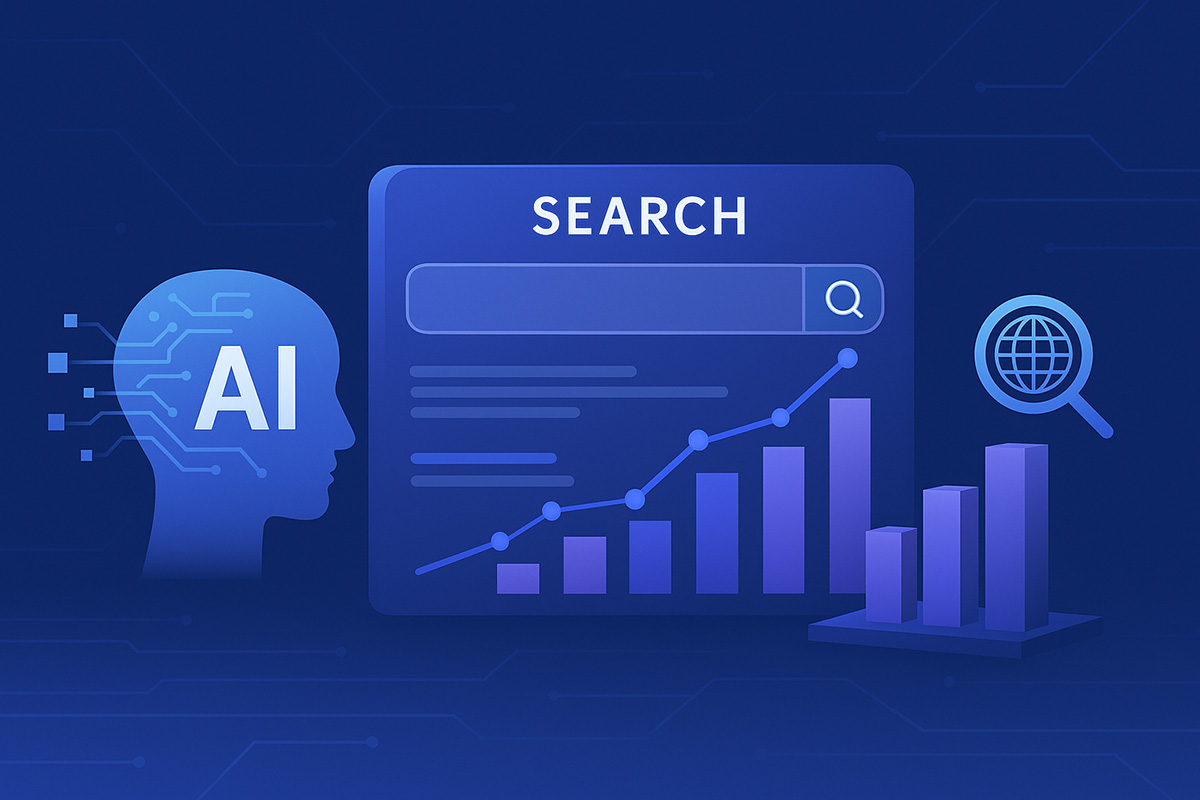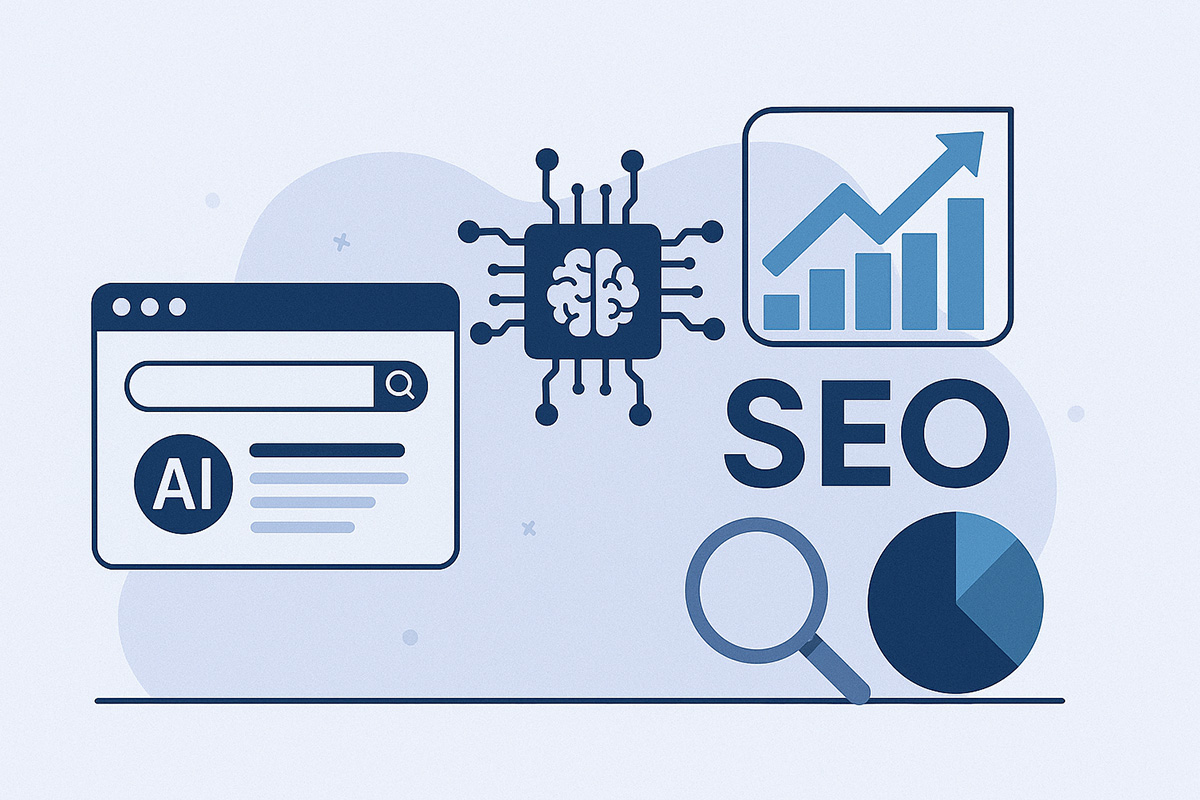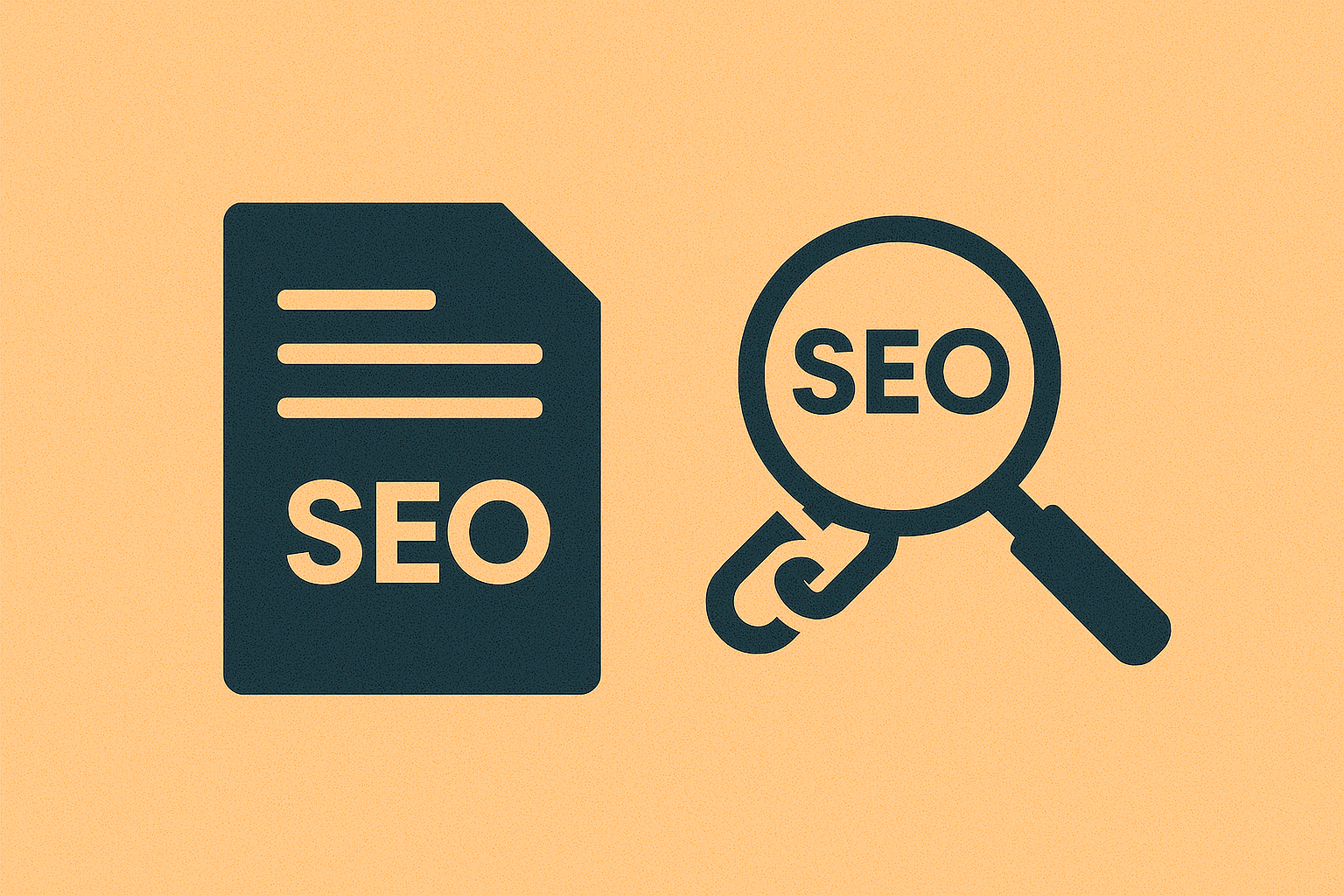Home / Blogs / AI Search is Booming, but SEO is Still Not Dead
AI Search is Booming, but SEO is Still Not Dead
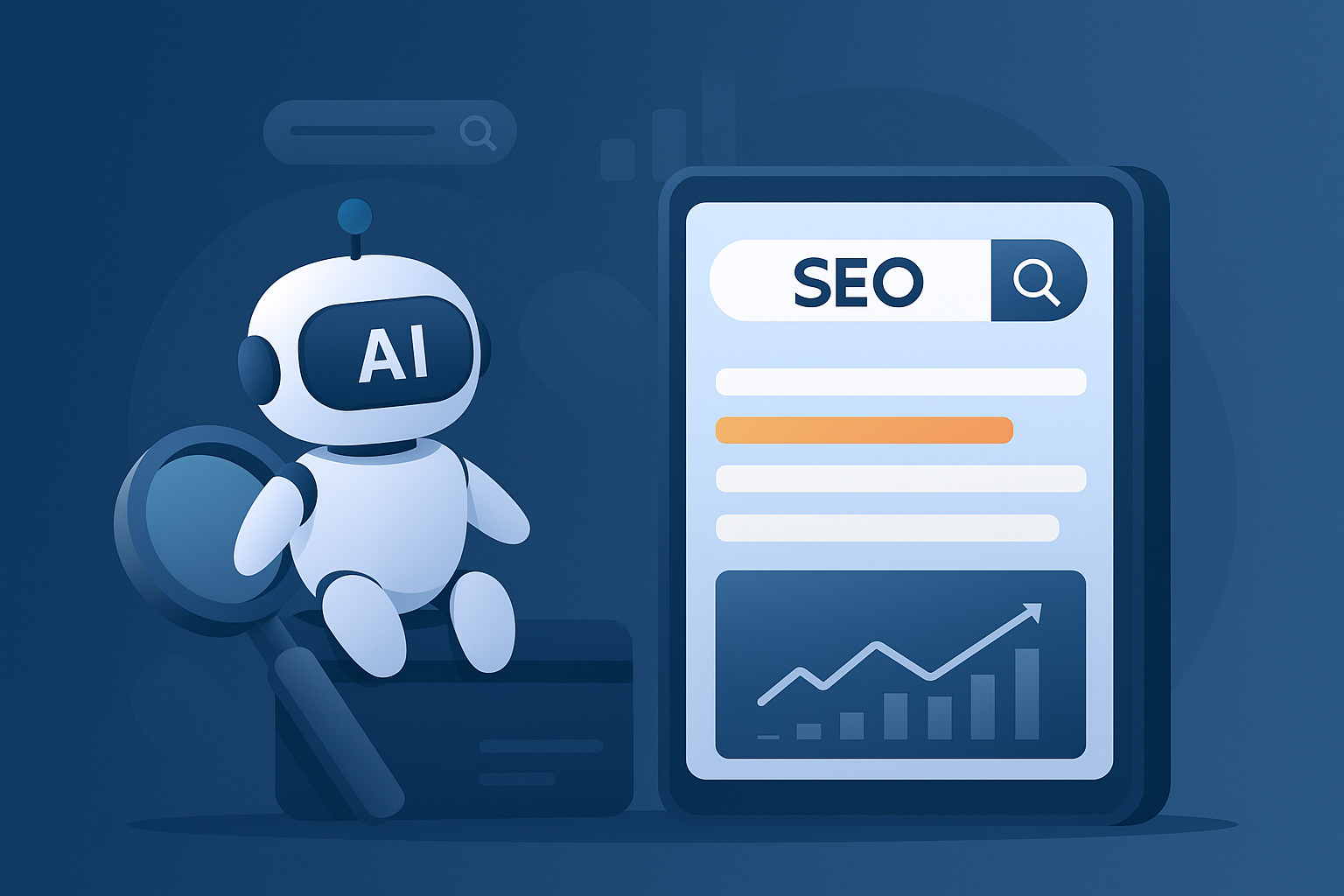 SEO
SEO
Introduction
The AI SEO Reckoning Isn’t the End. It’s the Reset
Search is no longer a list of links. It’s a live, generative interface. AI tools like ChatGPT and Google’s AI Overviews are changing user expectations. From transactional search to frictionless answers and everything in between. For most brands, this feels like a threat: less traffic, more zero-click results, and algorithms they can’t optimise for (yet).
But here’s the reality we see at Verve Media: AI still needs something to answer with. That something is content; your content. SEO isn’t dying. It’s evolving into something smarter, stricter, and more strategic. Which makes it harder to fake.
The brands that will win in this new ecosystem aren’t the ones chasing rankings. They’re the ones building content ecosystems built for LLMs but written for humans.
How AI Search is Revolutionising Digital Discovery
AI search tools use large language models (LLMs) to understand queries and deliver summarised, conversational responses. Users are increasingly turning to these platforms for faster, richer answers.
- 82% of users say AI-generated answers are more helpful than traditional links
- More than 50% feel positive about using AI search assistants
- Google's AI Overviews have already started affecting click-through rates and organic rankings
But even with this shift, AI-powered search hasn’t completely replaced traditional results. 58% of Google searches now end in zero-click results, while many users still scroll for human-curated content, showing there’s a balance between SEO and AI, i.e., AI-powered convenience and in-depth human-curated content.
The Role of SEO in the Age of AI Search
Despite the noise, SEO still fuels AI’s knowledge base. Search engines and AI tools extract data from existing web pages through semantic parsing and fanning out queries. To learn more, read our blog on how LLMs read content. In short, this means the core of AI search relies on well-optimised, human-written content.
Enter: AI SEO Services
Today’s SEO agency doesn’t just optimise for Google. They prepare your content for Answer Engine Optimisation (AEO) and Generative Engine Optimisation (GEO). Ensuring your brand is “AI-citable.” The truth is, brands that write helpful, structured, and technically sound content still win visibility, even in AI-generated results.
Read more: AI Answers Everything—But Who’s Feeding the Answers?”
Key SEO Strategies to Implement in the Age of AI Search
Here’s how top-performing SEO and digital marketing agencies are adjusting for the AI era:
- Optimise for Conversational Queries
Use natural language, FAQs, and definitions that AI engines love to summarize and cite.
- Implement Schema Markup
Structured data (product, FAQ, how-to) helps AI tools understand and extract your content.
- Be AI-Citable
Use llms.txt to allow AI models to index your content, and write in a way that LLMs can interpret context clearly.
- Update Metadata Consistently
Title tags, meta descriptions, and canonical links help AI decide what to show.
- Create Context-Rich Pages
Clarity, structure, and intent matter more than ever, especially for AI SEO services.
The Growing Importance of User Experience (UX) and Technical SEO
AI tools don’t just care what’s written. They care how it’s delivered.
- Site Speed: Faster pages improve AI scoring and human retention.
- Mobile Optimization: AI search considers mobile UX when citing sources.
- Clean HTML Structure: Makes content easier for bots and models to parse.
- Logical Navigation: Improves dwell time and reduces bounce rates, critical for ranking.
Bonus: Google's Core Web Vitals and AI visibility tools (like those from Wix and Google Search Console) now integrate UX signals directly into ranking decisions.
AI’s Influence on Future SEO Trends
Looking forward, Generative Engine Optimisation (GEO) and Answer Engine Optimisation (AEO) will become essential layers on top of traditional SEO.
SEO Trends to watch out for
- GEO: Makes content machine-readable for AI engines
- AEO: Helps content rank in featured snippets, AI summaries, and voice search
- AI Visibility Tools: Platforms like Wix now let brands monitor where AI is referencing their content
- AI-Referrer Tracking: New metrics are emerging to track where AI assistants link your brand
In essence, LLMs are only as smart as the content they’re trained on. Your job is to create that content and optimise it for both humans and machines. Get in touch with a digital marketing agency like ours to keep up in this highly competitive domain.
Forget Keywords. You’re Optimising for Machines That Think
This isn’t a funeral for SEO. It’s a wake-up call.
AI doesn’t kill the need for search; it raises the bar. Only brands that build content with clarity, authority, and structure will be part of the answers AI delivers. That’s not optional. That’s survival.
At Verve Media, we’re already helping brands navigate this shift, bridging the gap between human relevance and machine readability. The question isn’t whether SEO still matters. It’s whether your SEO is ready for what comes next. Get in touch with our AI SEO agency today and secure a place for your brand in the AI race.
FAQs
- What exactly is AI-powered search?
It’s search powered by large language models (LLMs) that understand search intent and deliver direct answers, not just a list of links.
- What are zero-click results, and why do they matter?
These are answers you see right on the search page. No clicks needed. They’re great for users, but tough on websites. If your content isn’t in that summary, it’s invisible. That’s where AI citation visibility becomes key. Bonus insight: 82.5% of AI Overviews cite deep content pages, not homepages.
- Why should I care about search intent?
Because search isn’t just about keywords anymore. Whether someone wants information, a service, or your brand, understanding their search intent helps your content show up in the right place.
- What’s a structured data schema, and do I really need it?
Yes, if you want to help AI understand your content. A structured data schema tags your content (like FAQs or products) so it’s easier to feature in snippets or summaries.
- How do I make sure AI tools actually cite my content?
That’s what AI citation visibility is all about. Use clear structure, clean formatting, and topical depth. Make your content easy to understand and hard to ignore.
- What does a good SEO content strategy look like today?
It’s not just about keywords. A strong SEO content strategy focuses on long-tail queries, helpful content, smart formatting, and being machine-readable.
- What is machine-readable content, really?
It’s content that AI can digest ie, clean headings, structured sections, proper schema. Think: easy to read, easy to summarise.
- What’s search engine context parsing, and why should I care?
It’s how AI figures out what your content means. If your content flows logically and stays focused, search engine context parsing will work in your favour and help get your content into answer boxes.

.jpg)
.jpg)






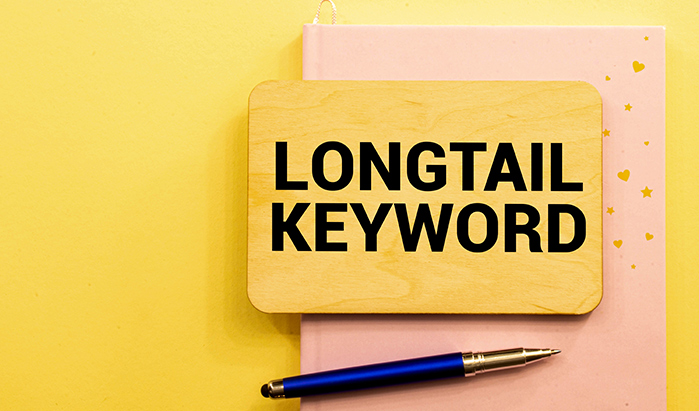


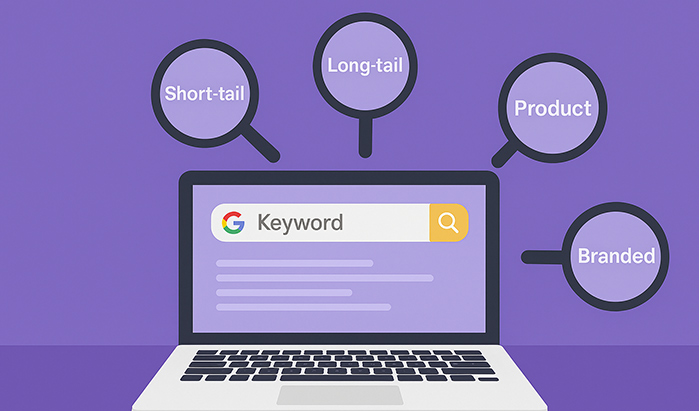




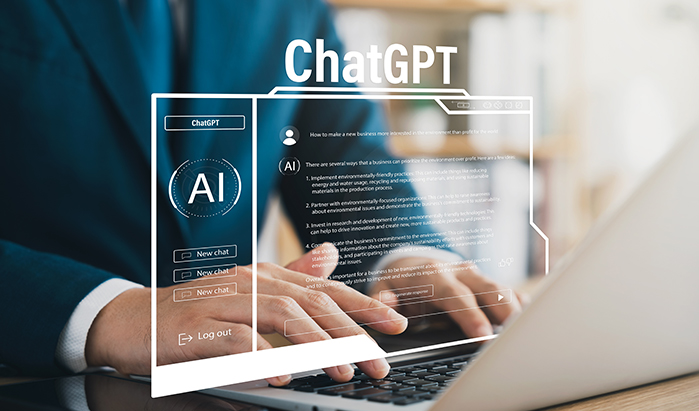


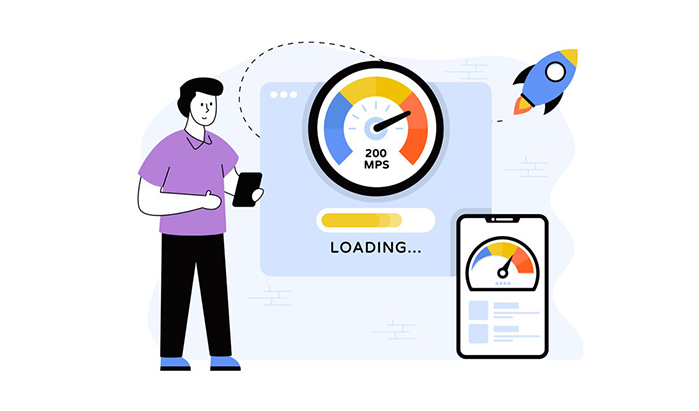






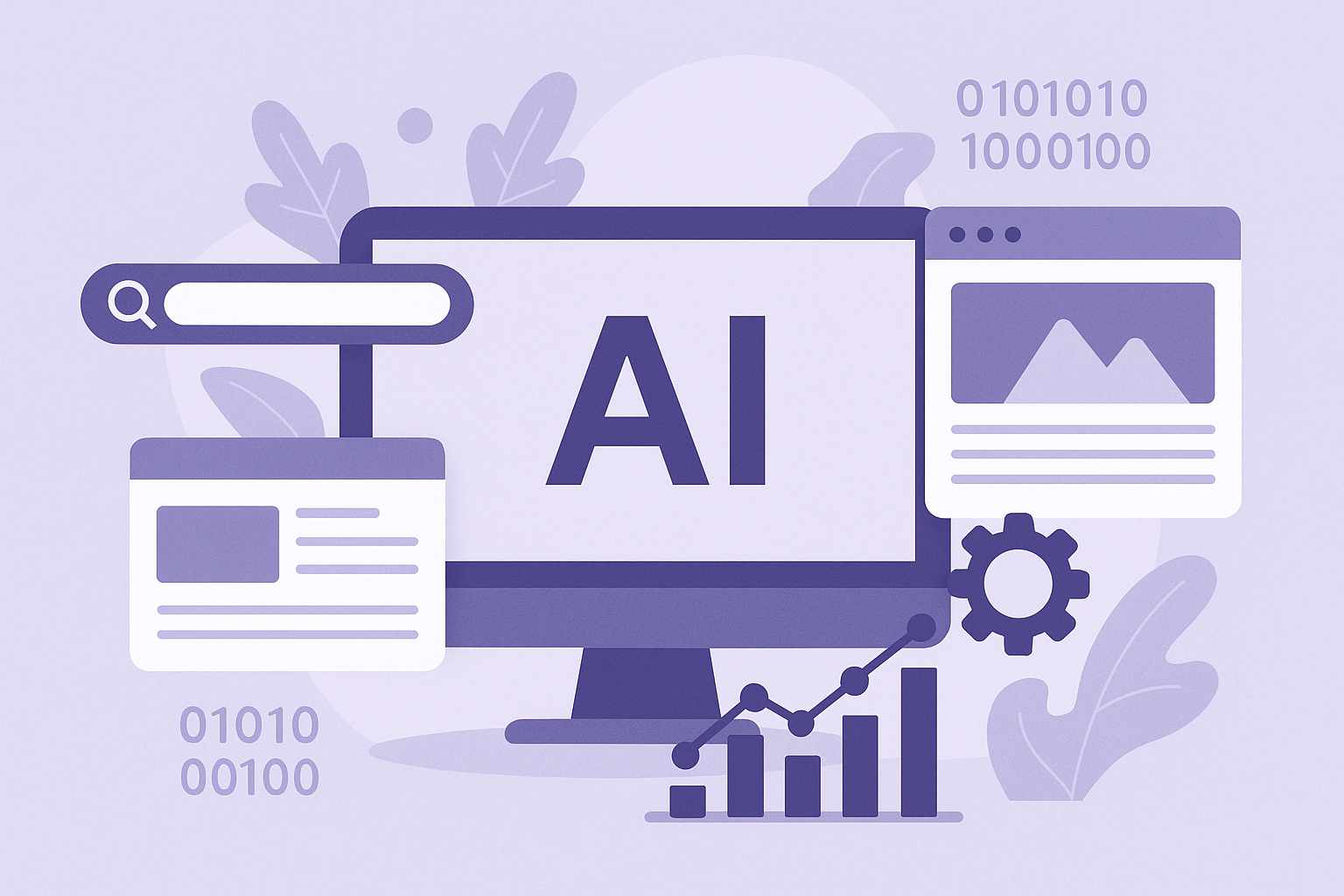









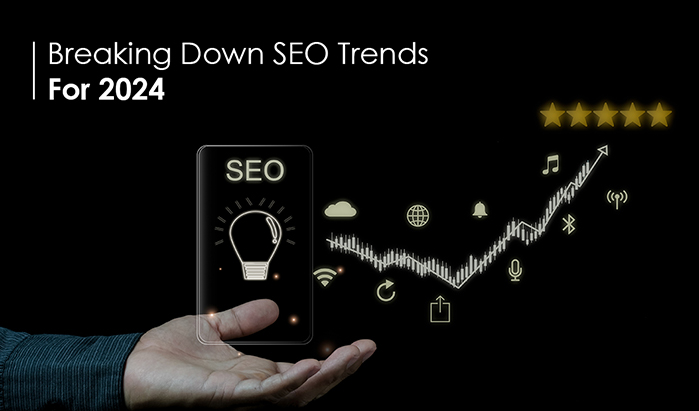




























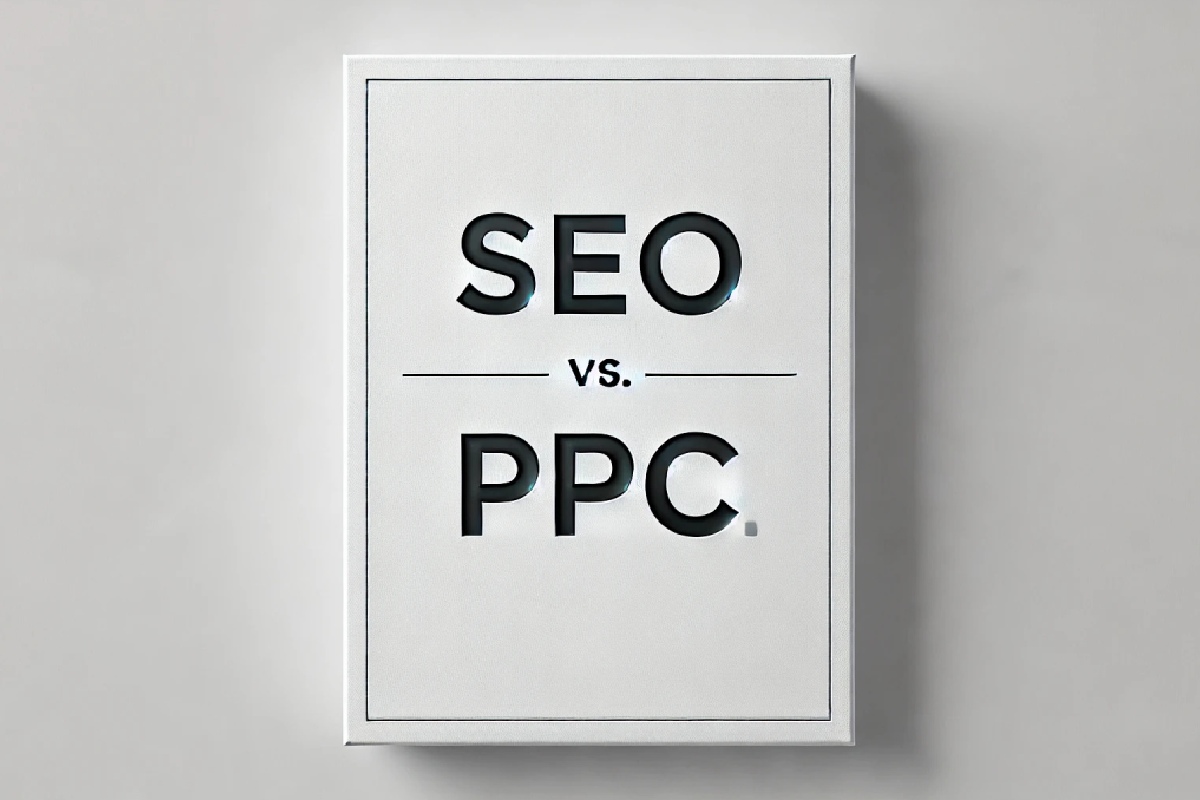







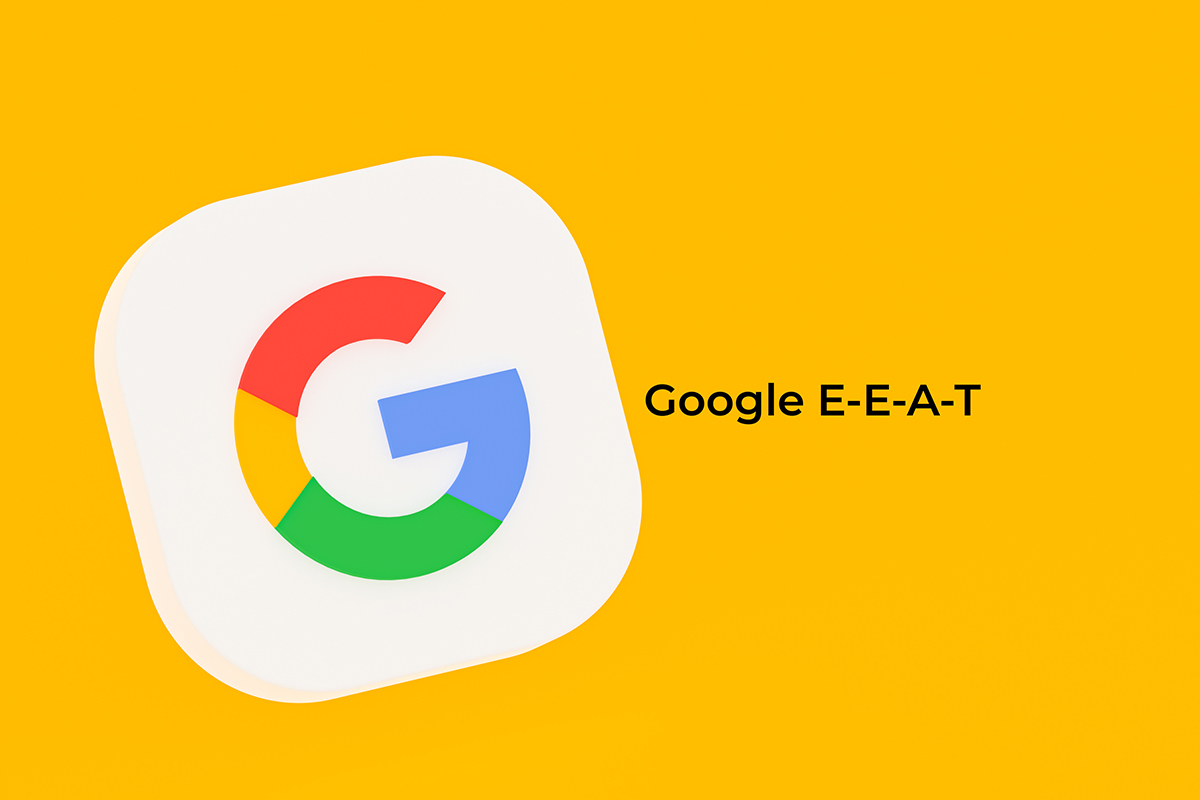

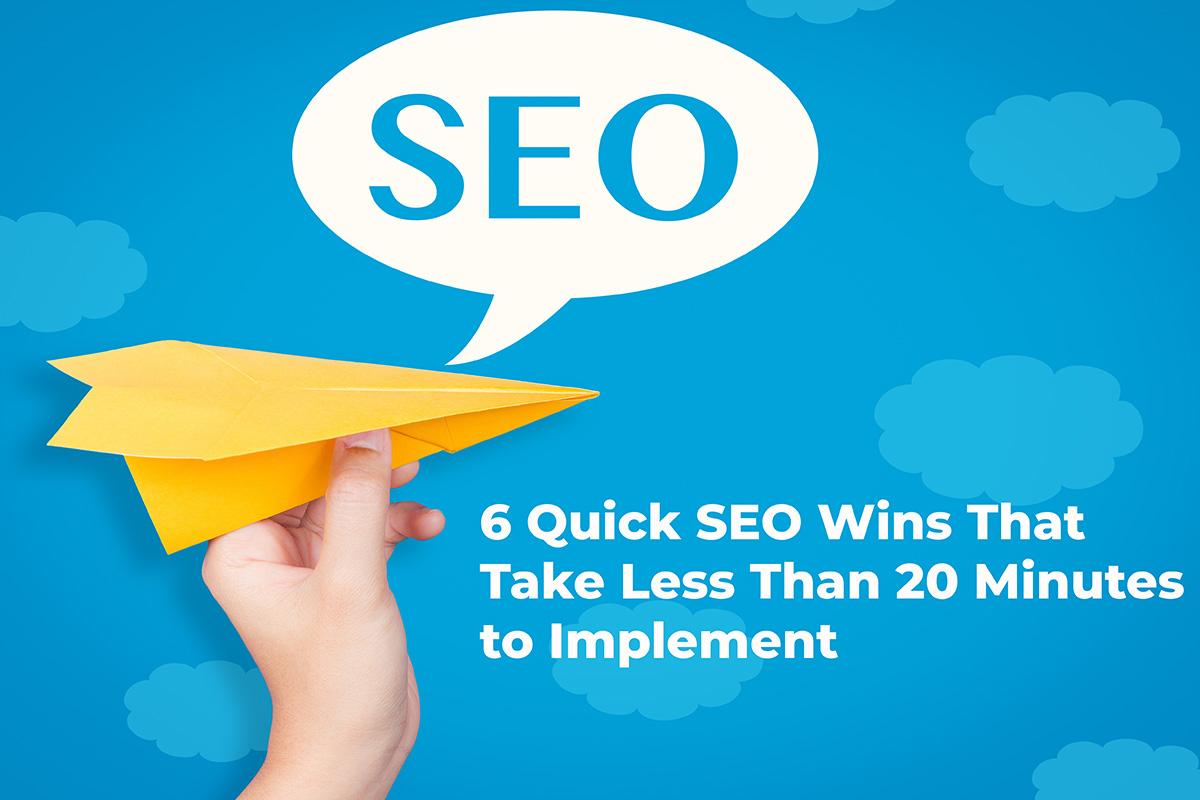












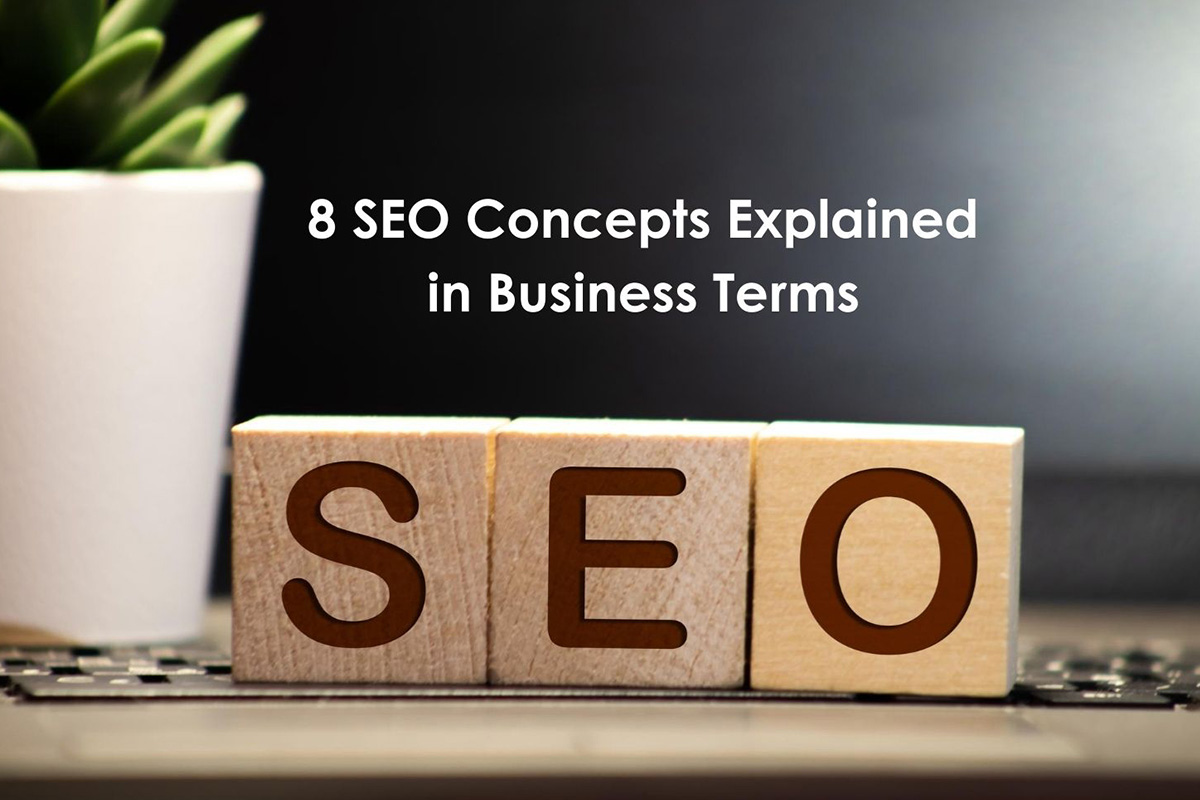



.jpg)
